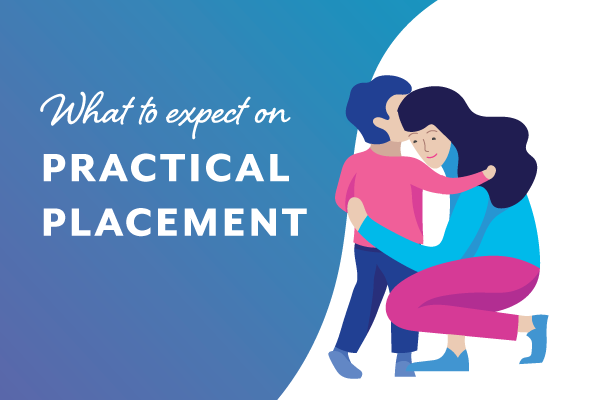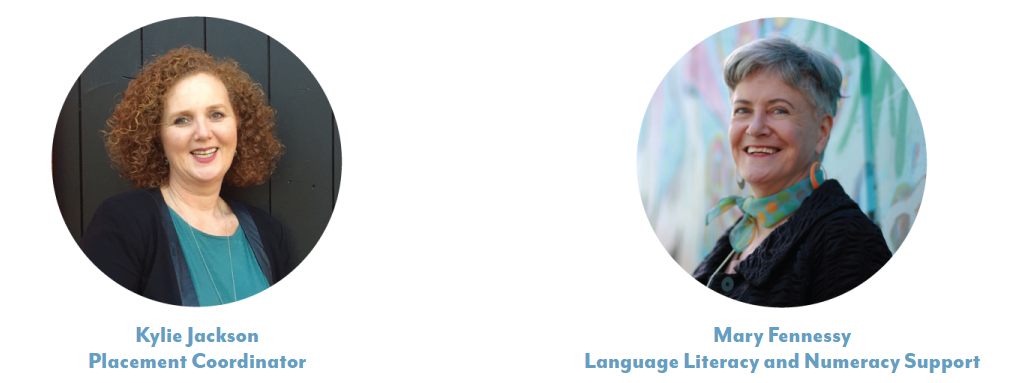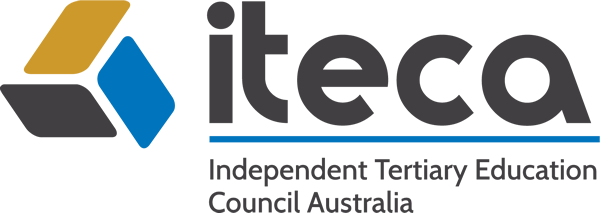Practical placement is a hugely beneficial element of your early childhood course, which gives you the opportunity to apply what you have been learning in a real-life setting. With the guidance of early childhood professionals as well as your trainer, placement offers you the ability to gain new knowledge and skills within a workplace environment.
Starting practical placement is an exciting step within your learning, but it can also be a little bit nerve-racking. With new people, a new place and wanting to make a good impression — it’s understandable that it is a little scary at times. The key to practical placement success, is to be prepared!
To help you feel ready for your early childhood practical placement, we’ve compiled the essentials that you need to know to make a good first impression and get the most out of this vital learning experience.
1. Get organised in advance
Don’t wait until the morning you are due to start, to find out where you’re going. Double-check your start time and arrange your travel plan so you won’t be late (or lost!). Aim to get there around 10 minutes prior to your start time so you’re all set to go! Punctuality shows respect for the service that you are working with and minimises any disruption to the session for educators, children and families.
2. Wear appropriate clothing
When working within early childhood education, it’s important to be presentable whilst also being comfortable. Minimal jewellery and make-up should be worn and long hair should be tied back. Make sure you find out if there is a dress code or uniform prior to commencing with your service, but otherwise dark pants, a comfortable top and closed-toe shoes should be appropriate. Long nails aren’t recommended and don’t forget to bring a hat in accordance with the SunSmart policy!
3. Put your best self forward
Not only should you arrive looking presentable, but you should do your best to come with a positive attitude and a willingness to learn. Be friendly and polite with others in the team, offer to help and listen carefully. You can show enthusiasm for your role in the service simply by being proactive and asking questions. In fact, asking questions is a great way to show your willingness to learn. Remember, there’s no such thing as a silly question.
4. Social media
Your social media accounts can have a serious impact on your early learning service and your future! Do not post anything about your experiences in a public, online platform, however private it may seem. Friending families on social networking sites is not recommended as it is not professional. Your service will have a policy detailing the social media guidelines for further information.
5. Check the placement handbook
Whether it’s a dress code as mentioned earlier, smoking, social media, photos or confidentiality pertaining to children and their families, each service will have its own policies for you to abide by during your practical placement. We have practical placement guidelines for our learners to follow too. For example; we ask that all mobile phones remain in the staff room or office area while you’re on placement. We also remind learners that they should never post about their experience on practical placement to social media to ensure everyone’s privacy. It’s best not to make assumptions about the rules — ask what is expected if you are unsure, as the policies are in place to keep everyone safe and comfortable.
6. Get the support you need!
Need support in the lead up to commencing practical placement? There is plenty of guidance available to you on your learning journey and the Selmar team will be more than happy to help. Meet our support team here.
Real life training for real jobs
The learning undertaken through practical placement can give you the real-world skills that will take your confidence and capabilities in early childhood to the next level. You will also complete Selmar’s practical placement journal throughout the training, which will enhance your learning and maximise the experience. With all this, a meaningful early childhood career is just around the corner.
Check out our early childhood education courses here.
Download our practical placement information flyer and learn more about what you can expect while on your practical placement.






